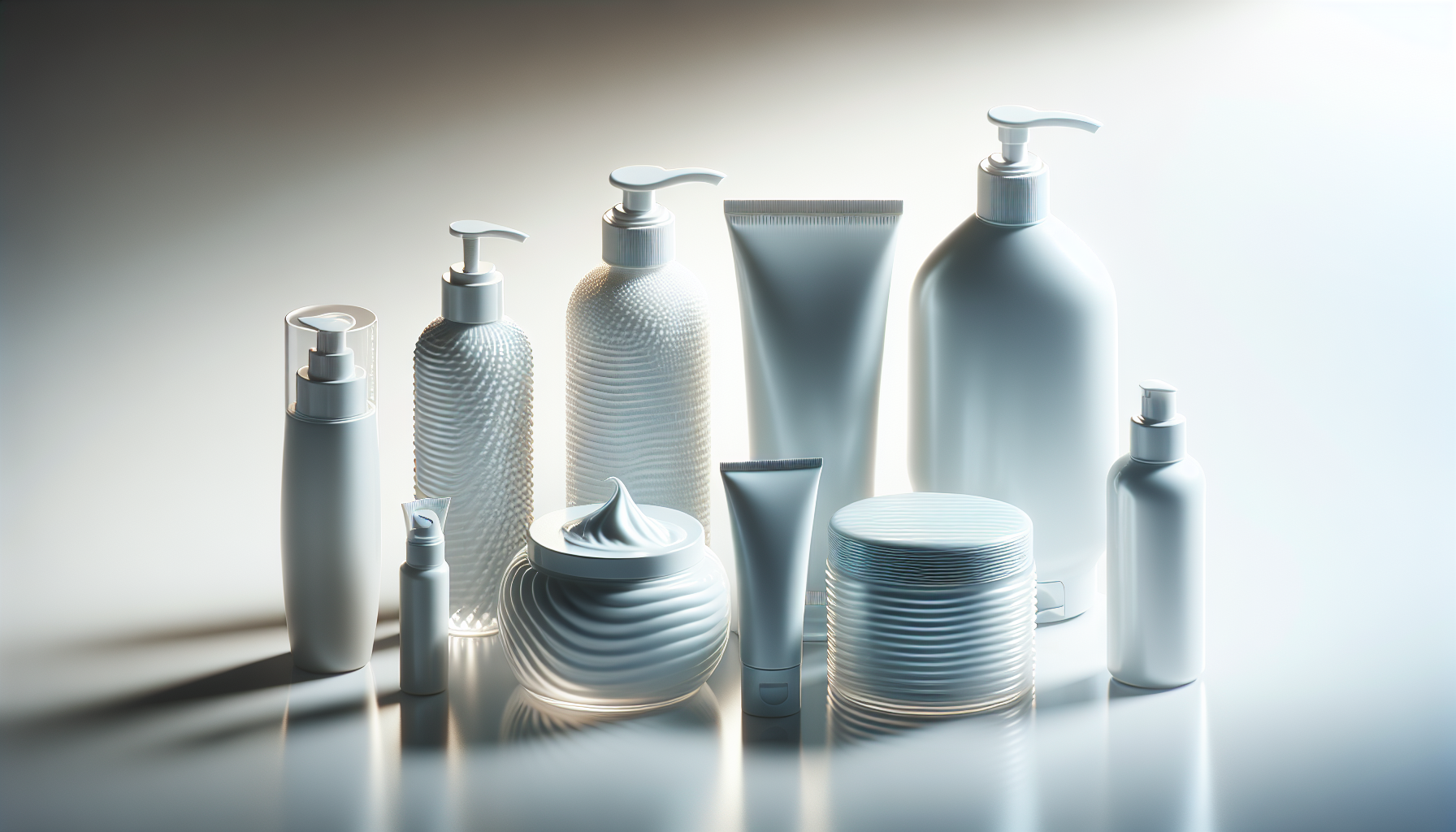Selecting the right moisturizer for your skin type is a critical step in maintaining a healthy and radiant complexion. Moisturizing is not just about providing your skin with hydration; it’s about protecting your skin’s barrier, balancing oil production, and enhancing its natural glow. With a plethora of skincare products on the market, it can be overwhelming to choose the appropriate one. This article is designed to guide you through the process, ensuring that your skin receives the care it deserves.
Understanding Your Skin Type
Before diving into the vast sea of moisturizers, it’s essential to understand your skin type. Generally, skin types are categorized as normal, dry, oily, combination, or sensitive. Each type has specific needs that should be addressed with a tailored moisturizing approach.
Normal Skin
Normal skin is well-balanced, not too oily or dry, and requires a moisturizer that maintains this equilibrium. Look for lightweight lotions or creams that offer hydration without clogging the pores.
Dry Skin
Dry skin often feels tight and may flake or itch. It requires a richer, more emollient moisturizer to replenish lost moisture and reinforce the skin’s barrier. Creams with hyaluronic acid, glycerin, and ceramides can be particularly beneficial.
Oily Skin
Oily skin produces excess sebum, which can lead to shine and acne breakouts. Opt for oil-free, non-comedogenic moisturizers that hydrate while controlling oil production, such as those containing hyaluronic acid or niacinamide.
Combination Skin
Combination skin features both oily and dry areas, typically with an oily T-zone and dry cheeks. Seek out a balanced moisturizer that hydrates dry areas without exacerbating oiliness.
Sensitive Skin
Sensitive skin can react to certain ingredients, causing redness, itching, or burning. It’s important to choose hypoallergenic and fragrance-free moisturizers to minimize potential irritants.
Ingredients to Seek Out
The efficacy of a moisturizer largely depends on its ingredients. Certain components are particularly effective at providing and retaining moisture in the skin.
- Hyaluronic Acid: Naturally found in the skin, hyaluronic acid draws moisture from the environment and can hold up to 1000 times its weight in water.
- Glycerin: A humectant that attracts water to the skin and helps keep it hydrated.
- Ceramides: Lipids that help form the skin’s barrier and retain moisture.
- Peptides: Chains of amino acids that can improve skin firmness and texture. Exploring the benefits of peptides can be particularly illuminating for those looking to enhance their skin’s firmness (Discovering the Power of Peptides in Skin Firmness).
In addition to these ingredients, antioxidants such as Vitamin C play a crucial role in protecting the skin from environmental damage and can be found in many moisturizers (The Benefits of Vitamin C in Skin Care).
Considerations for Specific Skin Concerns
Certain skin conditions may require special attention when selecting a moisturizer.
Aging Skin
As the skin ages, it tends to become drier and less elastic. Anti-aging moisturizers often contain ingredients like retinoids and antioxidants to combat wrinkles and promote collagen production (Evaluating the Effectiveness of Anti-Aging Skin Treatments).
Acne-Prone Skin
For acne-prone skin, it’s important to use non-comedogenic moisturizers that won’t clog pores. Ingredients such as salicylic acid can help to prevent breakouts by exfoliating the skin and keeping pores clear (Comprehensive Guide to Acne Treatment and Prevention).
Seasonal Changes
Your skin’s needs can change with the seasons. In colder climates, a more emollient moisturizer may be necessary to combat dryness (How to Effectively Treat Dry Skin in Cold Climates).
High-Quality External Resources
When researching moisturizers, consider delving into specialized resources that offer in-depth information on skincare ingredients and their effects:
- Skin Carisma provides a searchable database of skincare products with detailed ingredient analysis, helping to identify the most suitable products for your skin type.
- The Dermatology Review offers comprehensive reviews and ingredient breakdowns for a wide range of skincare products.
- INCI Decoder decodes the ingredient lists of skincare products, giving you a better understanding of what each ingredient does and its benefits.
Application Tips
Applying your moisturizer correctly can enhance its benefits:
- Cleanse: Always apply moisturizer to clean skin to prevent trapping dirt and oil.
- Dab: Apply small dots of moisturizer all over your face and neck.
- Gentle Massage: Use gentle upward strokes to spread the moisturizer evenly.
Linking Skin Health to Overall Wellness
While moisturizing is a key aspect of skin health, it’s important to recognize that skin health is interconnected with overall wellness. A balanced diet, adequate hydration, regular exercise, and proper sleep all contribute to healthy skin. For more holistic approaches to health and wellness, consider exploring resources on Skin Health for a comprehensive understanding of how to care for your skin from the inside out.
Final Thoughts
Choosing the right moisturizer for your skin type is a fundamental aspect of any skincare routine. By understanding your skin’s needs and selecting products with the appropriate ingredients, you can ensure that your skin remains hydrated, balanced, and healthy. Remember to consider seasonal changes, address specific skin concerns, and complement your skincare regimen with a holistic approach to health for the best results. Your skin is unique, and with the right care, it can thrive in its natural beauty.



